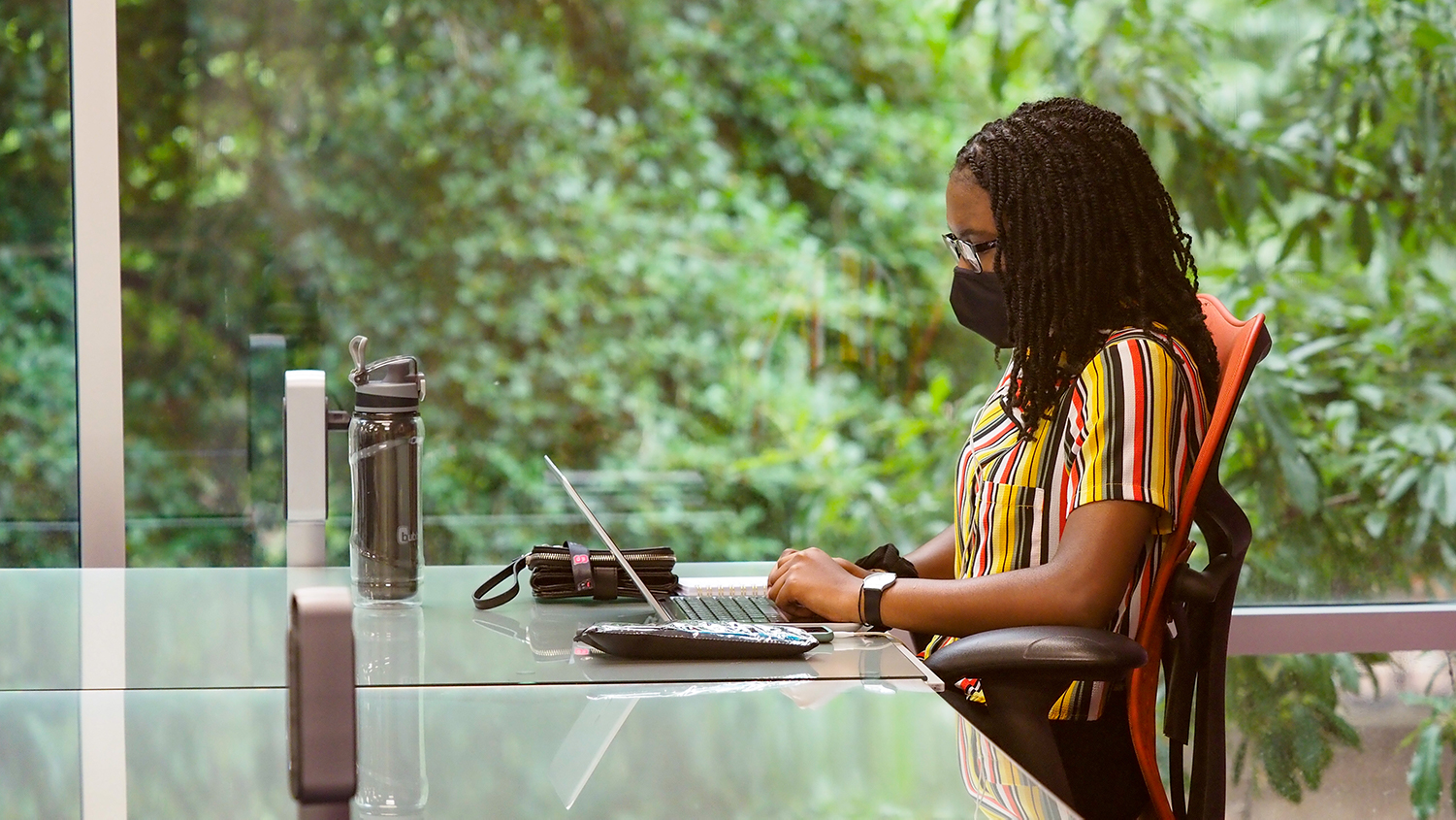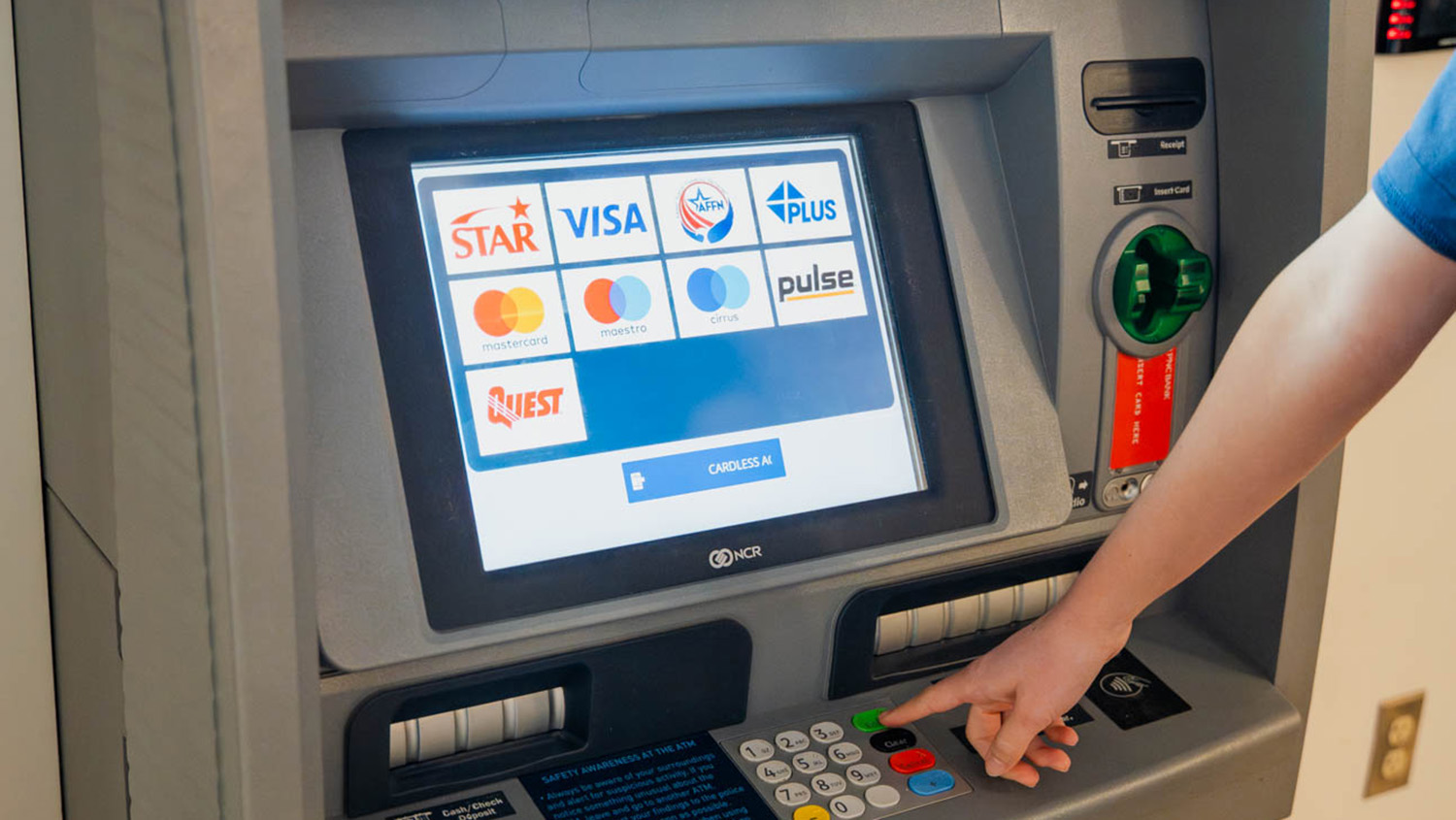By: Jarred Taylor ’20, horticulture, ThriveWell program assistant
We have all heard about self-care — it has become a major part of today’s culture. Increasingly we see people posting and talking about self-care on social media, but do we fully understand what self-care is?
PsychCentral explains self-care very plainly:
“Self-care is any activity that we do deliberately in order to take care of our mental, emotional, and physical health.”
Now that we know what self-care is, let’s address some of the major myths that surround this idea of self-care.
Myth 1: Self-care is not for everybody
Looking at social media, articles or even various forms of entertainment, who is it that you see practicing and promoting self-care? Do you see a diverse group of people represented, or do you see that those who are promoting self-care tend to belong to predominantly one specific type or group of people?
Self-care is not a practice bound to one specific group. Regardless of your gender, race, ethnicity, age, religion, or ability, you not only should be practicing self-care, but you deserve to. We all have the right to practice self-care and make sure we are living a balanced, healthy life.
Myth 2: Self-care is anything that soothes you
What do you turn to to find relief from the busy-ness and bustle of the world we live in?
Do you come home to sit down on your couch and enjoy a few episodes of your favorite shows, or do you come home and just fix the largest bowl of ice cream you are capable of eating? While neither of these things are bad for you, is it really something that is going to improve your overall health and well-being? Don’t get me wrong, I enjoy my fair share of ice cream and binge-watching TV, but just because something is soothing does not mean we should use it as our sole method of self-care.
Often alcohol, sweets, and other things are promoted as self-care. None of those things are bad, we just need to be mindful of our intentions. We all need a break from the busy-ness sometimes, we just need to be careful not to become dependent on the tools we use to practice self-care. We must not only practice self-care, but also self-control.
Myth 3: Self-care is selfish
Have you ever tried to take a day for yourself and received push back from the people in your life? For those of us who feel like we always must be there for someone when they need us, it is very hard to take time for ourselves. However, if you are not at your best, how then will you be able to help others, or even just enjoy yourself? Do not let anyone tell you that it is selfish for you to take time for yourself.
Learn to say “no.” Learning that simple two-lettered word is a big step, especially if that word is not readily in your vocabulary. If you do not take the time to set boundaries to fuel and take care of your own well-being, then you can’t take care of your loved ones, do the things you need to for work or even just enjoy a happy and healthy life.
Myth 4: Self-care is always relaxing
Far too often we see posts about bubble baths, face masks, mental health days, reading a book, crafting, and so many more things that people find relaxing. Self-care should not be confined to the stipulation “self-care MUST be relaxing.” Self-care is far more than just the relaxing things in life. While these relaxing activities help our emotional well-being, sometimes we may need to practice some self-exploration (no matter how difficult) for us to grow and mature not only in our emotional wellness but also as a person. Self-care should not impact just our emotional wellness, but all elements of our wellness.
For instance, we can improve our physical well-being by regularly exercising or making healthier food choices. When it comes to our financial well-being, we need to be preparing for the future and that may mean limiting our spending to set aside money for savings. Even when practicing self-care focusing on our social wellbeing can be difficult sometimes. We often think spending time with friends is an enjoyable and relaxing time, but there come times that we must set boundaries with those in our life to protect both them and ourselves. Those are just a few things we can do to practice self-care, but we rarely hear about this side of self-care. Let’s start sharing the difficult things of life that we do for self-care, balance the scales of social media.
Self-care also includes things such as taking care of our physical wellness by exercising, limiting spending so that you can save money for your future, setting boundaries with yourself and others or self-exploration to figure out what makes you tick (no matter how difficult it may seem).
Myth 5: Self-care is a reward
We all love to get rewarded for all the hard work that we have done. However, there is a downside to rewards. They require that we have done something exceptional or something that is deserving of recognition. Since when are we supposed to only take care of ourselves after a long week of work? I know I already said it once, but self-care is something that we all have the right to practice, and we need to practice it regularly. How are we to be expected to maintain a decent GPA, participate in extracurriculars, have a job or even hang out with our friends if we are not on our “A” game? Self-care is an ongoing practice. Regularly engaging in self-care is the best way to prevent stress and burnout, so make it part of every day.
Practicing self-care should not be a daunting task. All you need is 5 minutes to take a stretch break, walk outside and soak up the sun, or even do a short-guided meditation there at your desk. Do not wait until you are at the point of breaking to take care of yourself. Good self-care is a daily practice. By taking actions daily, this will not only improve your overall wellbeing but will also help to prevent those bad days from being so bad. With proper self-care, you will be a little better equipped to handle all the different things that life may throw at you.
- Categories:



